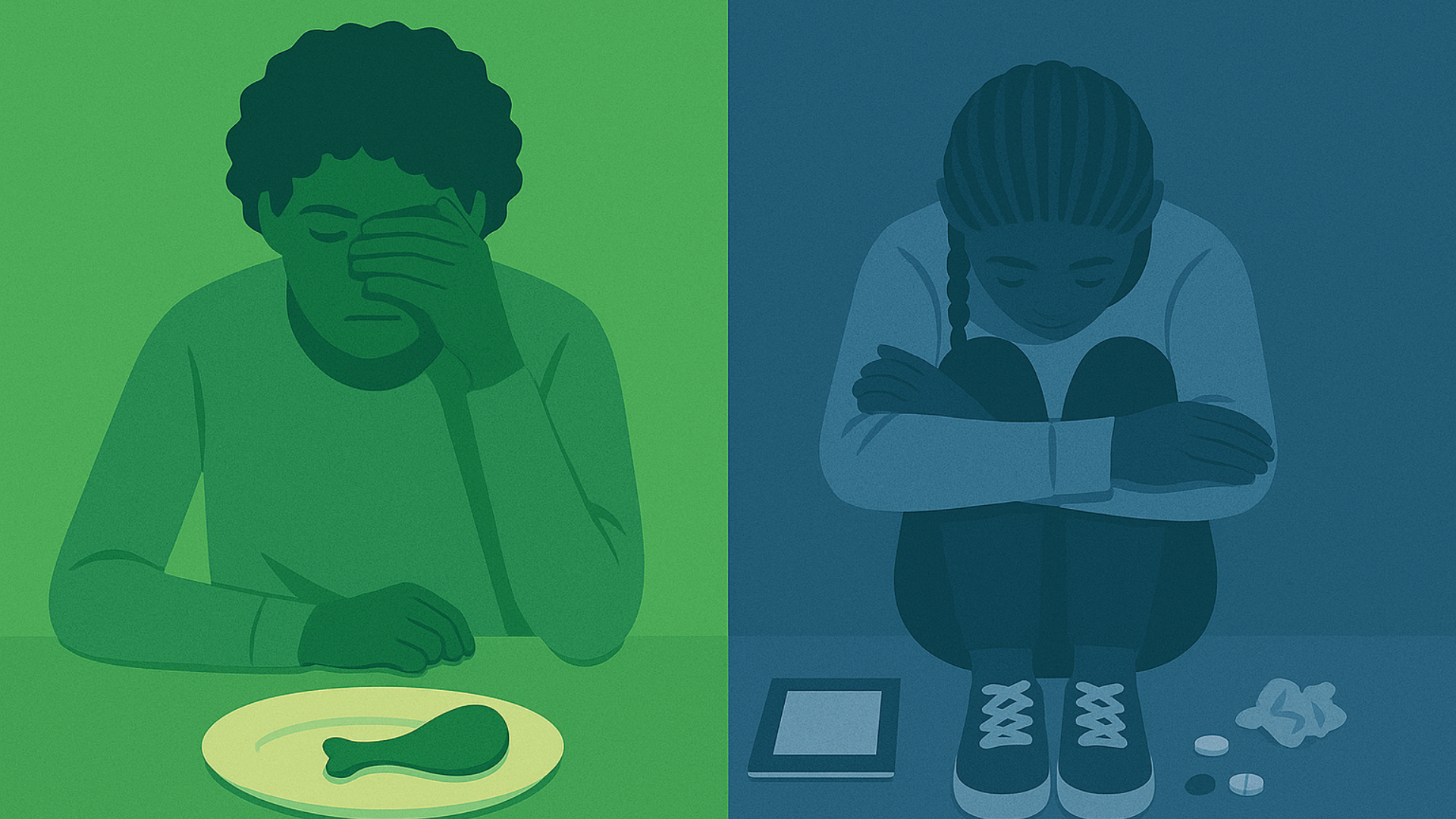Tending to Your Own Mental Health as a Caregiver

By Thrive Reno Therapist Casey Rollins, MSW, LSW, CSW-Intern
If you have an aging parent, child with special needs, sick spouse, or any loved one unable to fully care for themselves, you may find yourself in the role of a caregiver. Caregivers can also be paid professionals.
Depending on the needs of the person in their care, caregivers help individuals with many daily tasks, such as grocery shopping, medication monitoring, and housekeeping. As a caregiver’s life can be heavily centered around the needs of others, both professional and family caregivers commonly neglect to nurture their own mental, emotional, and physical well-being.
Caregivers may experience mental and emotional health struggles brought on by:
- Isolation : Consumed by their role, caregivers may feel isolated from their family, friends, and peers, especially if others are not sharing in the responsibilities.
- Financial strain: Many unpaid caregivers channel their financial resources into caring for their loved ones.
- Sacrifice of self-care: Caregiving is generally a constant, on-demand obligation. As such, many caregivers aren’t able to spend ample time alone, engage in activities they enjoy as often as desired, or practice sufficient self-care .
- Emotional distress: Facing worry over their loved one’s well-being and pressure to ease their loved one’s discomfort, caregivers commonly experience emotional distress.
THREE TIPS FOR PROTECTING YOUR MENTAL HEALTH AS A CAREGIVER
1. Check in with yourself.
Instead of suppressing your thoughts and emotions, take time to honestly consider how you feel, what you’re thinking, and what your needs might be. By acknowledging your physical, mental and emotional states, you can take strides to nourish your well-being.
2. Ask for help.
Reach out to other loved ones for support when you’re feeling overwhelmed. Sometimes, a little delegation can go a long way in lightening your load and feeling less alone in caregiving endeavors. You may also consider taking advantage of community and national resources for caregivers. The National Alliance for Caregiving provides an extensive list of support dedicated to caregivers here .
3. Rest.
By prioritizing sleep and relaxation, you can feel recharged, energized, and even inspired in your role as a caregiver.
INVEST IN YOUR WELL-BEING
As a caregiver, keep in mind that you’re human and you can only handle so much. You too, have real and valid physical, mental, and emotional needs. Just as you give to others, you should also give to yourself. Taking time to invest in your well-being may mean allowing yourself the time and space to attend therapy, which can provide you with an opportunity to process and better understand your experiences, and develop strategies for overcoming challenges. If you’d like to learn more about Thrive’s therapeutic services , reach out .
About the Author
Thrive Reno Therapist Casey Rollins, MSW, LSW, CSW-Intern
Casey Rollins, LSW, CSW-Intern, received her bachelor’s degree in psychology with an emphasis in addiction treatment services at the University of Nevada, Reno. She went on to receive her master’s degree from Simmons University in Social Work. Casey has experience working with veterans, children with neuro developmental disorders such as autism spectrum disorder, eating disorders, anxiety disorders, and behavioral issues. Casey is passionate about working with individuals in helping them to understand that rewriting their story is possible. She believes that we, whether individually, or collectively, are allowed to begin anew at any point along our journey in life. Casey is also dedicated to the treatment and advocacy of the impacts of systemic and interpersonal trauma for Black youth as well as all People of Color. She believes this journey of healing is yours, whenever you are ready, you are welcomed with fierce compassion. Casey sets forth interactions with others with the phenomenal and late Maya Angelou in mind, “just like moons and like suns, with the certainty of tides, just like hopes springing high, still I rise.”
In her free time, Casey enjoys spending time with family and friends, creating artwork, writing poetry, jamming out to music at any given moment, spending time connecting in nature, and is a self proclaimed movie buff.
The post Tending to Your Own Mental Health as a Caregiver first appeared on Thrive Wellness.








